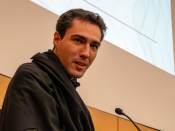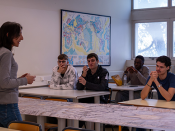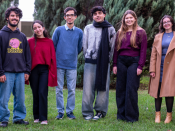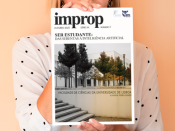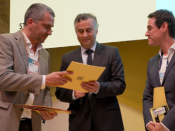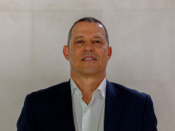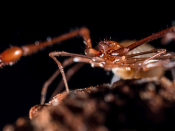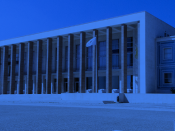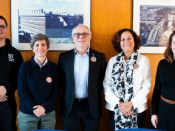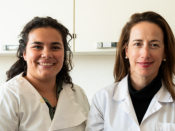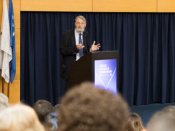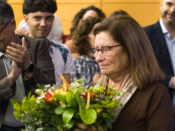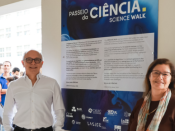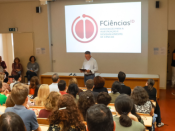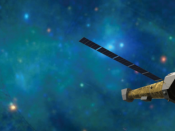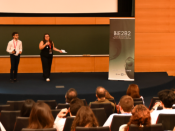Jean-Paul Montagner, Institut de Physique du Globe, Université Paris-Diderot, Paris, France
The Earth is a huge thermal machine, which is active at all spatial and temporal scales. All dynamic processes drive plate tectonics at the geological time scales and associated hazards (earthquakes, volcanoes,…) at smaller scales. We will review the recent developments in seismic instrumentation and methods during the last 20 years enabled us to completely renew our vision of the planet Earth. In particular, global 3D- Earth Imaging provide fundamental constraints on these various active processes. Among the most intriguing features, the formation of oceanic plates and origin of volcanic plumes (such as Azores in the Atlantic ocean) are still debated.
Using a massive dataset of surface wave dispersions in a broad frequency range (15-300s), we have developed a 3D anisotropic tomographic model of the upper mantle at the global scale. It is used to derive maps of LAB (Lithosphere/Asthenosphere Boundary) from the resolved elastic parameters. The key effects of shallow layers and anisotropy are taken into account in the inversion process.
We investigate LAB distributions primarily below oceans according to three different proxies which corresponds to the base of the lithosphere from the vertically polarized shear velocity variation at depth, the top of the radial anisotropy positive anomaly and from the changes in orientation of the fast axis of azimuthal anisotropy. The radial anisotropy proxy presents a very fast increase of the LAB depth from the ridges, from 50 km to older ocean where it reaches a remarkable monotonic sub horizontal profile (60-70 km).
We will also present past and ongoing projects on plumes in an oceanic environment. The new findings raise questions on the formation of plates (in particular about the nature of the LAB) and volcanic plumes.
Jean-Paul Montagner is a Professor of Geophysics at the University
Paris-Diderot since 1989. He was responsible for the GEOSCOPE global seismic network, developing its data centre and continuing the development of an ocean bottom broadband observatory.
He was director of the seismolab at IPGP from 1997 to 2003, consultant at the Ministry of Higher Education and Research from 1991 to 1993, and director of the whole sector of Earth, Universe and Environment ciences from 2003 to 2006 in the Research Division of the Ministry of Higher Education and Research. He has done pioneer work on the study of seismic anisotropy in the earth¹s mantle and on the inversion of seismic surface wave higher modes. Focusing on the Atlantic ocean (and also in the Azores) and on Africa, he showed that there are different families of plumes, some of them originating in the asthenosphere, others in the
transition zone.


